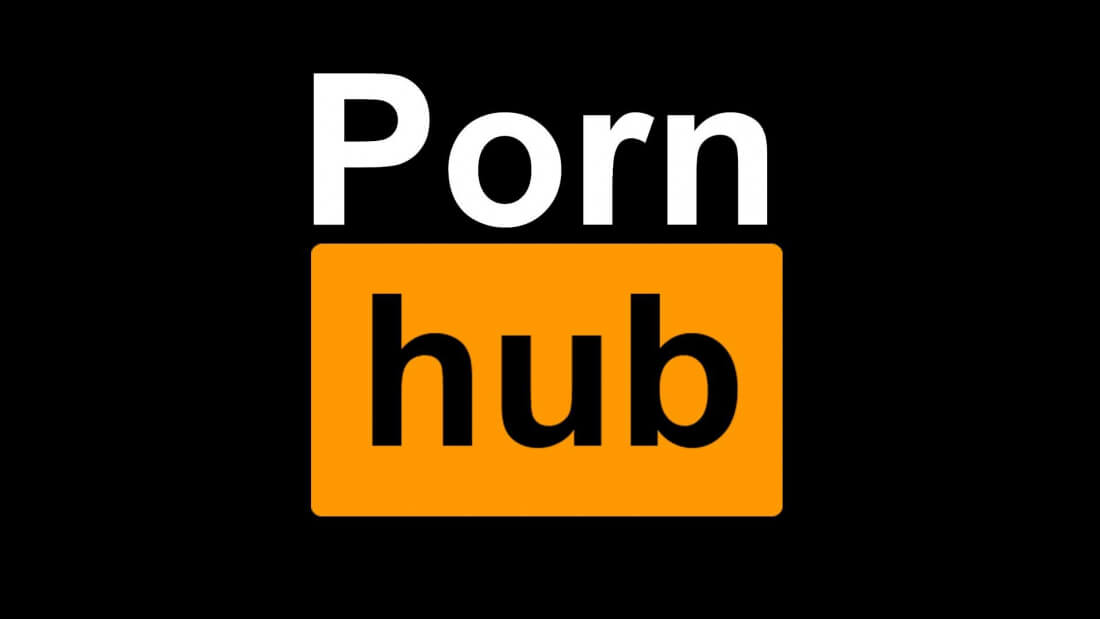
On July 12, more than 60 companies are staging a “day of action” in protest against the Federal Communications Commission’s plan to end net neutrality. Amazon, Kickstarter, Mozilla, Vimeo, and Etsy are taking part, and will be joined by one of the top 20 most visited sites in the US: Pornhub.
The adult entertainment company will stand alongside other firms and organization like the EEF and ACLU in the protest, which is organized by Fight for the Future, Freepress, and Demand Progress.
Net Neutrality is described as “…the principle that Internet service providers should enable access to all content and applications regardless of the source, and without favoring or blocking particular products or websites.”
FCC Chairman Ajit Pai wants to overturn the 2015 Open Internet Order, removing the classification of broadband as a telecommunications service. “Without it, the cable and wireless companies that control internet access will have unfair power to pick winners and losers in the market,” Pornhub Vice President Corey Price told Motherboard.
If it’s allowed to pass, ISPs could slow down certain sites and create “prioritized access,” or internet fast lanes, where edge service providers (Netflix, YouTube, etc.) pay for priority traffic.
"It's a fight worth fighting and we're excited to stand alongside industry leaders to protest the FCC's planned rollback of net neutrality rules," added Price. "I encourage all our fans across the world to stand together on July 12th and help spread the word."
The Internet-Wide Day of Action to Save Net Neutrality will take place just five days before the first deadline for comments on the FCC's proposal.
Pornhub plans to prominently display a message on its website on the day of the protest, and may introduce a loading icon to show how the changes could slow down many sites.
"No one in the porn industry ever yells 'slower, slower, slower,'" Price said. "We're much more accustomed to 'faster, faster, faster.' Here at Pornhub, we want to keep it that way."
https://www.techspot.com/news/69724-pornhub-joining-next-month-net-neutrality-protest.html